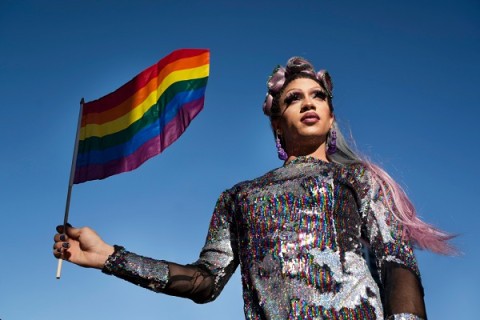A recent report, featuring a survey of more than 200 sex workers in British Columbia, is calling for decriminalization and support for sex workers. The report, titled "By Us, For Us," highlights the challenges faced by sex workers in the region and offers recommendations for improving their situation.
Jasmine, a 32-year-old sex worker who has been in the industry for one-third of her life, is one of the 73% of sex workers surveyed who live with a disability. For Jasmine and many others, sex work is a means of affording healthcare expenses and medications. The report notes that increasing disability assistance rates to match the Canada Emergency Benefit implemented during the pandemic would help alleviate some of the financial strain experienced by sex workers.
In addition to decriminalization, the report calls for increased funding for frontline workers providing support to sex workers, increased access to public washroom facilities, and a follow-through on promises pledged for long-term funding for the justice of murdered and missing Indigenous women and girls.
The report's authors note that their research was undertaken in the context of the pandemic, the decriminalization of sex work, and efforts of Truth and Reconciliation and the MMIWG inquiry. The ongoing toxic drug poisoning crisis has further compounded the challenges faced by sex workers.
Decriminalization of sex work is a contentious issue in Canada, with advocates arguing that it would improve the safety and working conditions of sex workers while reducing violence and exploitation. Opponents argue that it would normalize and legitimize the industry, leading to an increase in trafficking and sexual exploitation.
Jasmine noted that while there has been a "de facto" culture of decriminalization in Vancouver's Downtown Eastside, more needs to be done. In 2013, the Vancouver Police adopted Sex Work Enforcement Guidelines, which prioritize the safety and security of sex workers when responding to sex-work-related calls or situations. However, Jasmine notes that the police often "don't really care too much," which can be problematic.
The report also highlights the unique needs and risks faced by gender-diverse sex workers, as well as cisgender men who work in the industry. Tyler, a male sex worker who was part of the research project, notes that society has made it so that men are not supposed to talk about their feelings. Tyler hopes that men can be included in discussions about sex work and that they do not feel ashamed for being a sex worker.
While the report acknowledges that progress towards decriminalization remains a work in progress, it is hoped that the recommendations put forward will lead to greater support and understanding for sex workers in British Columbia. Decriminalization is a complex issue that requires careful consideration, but ultimately, it is the safety and well-being of sex workers that must be the priority.













